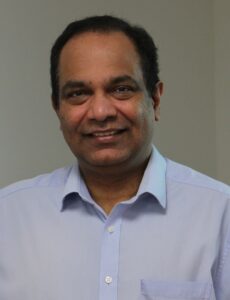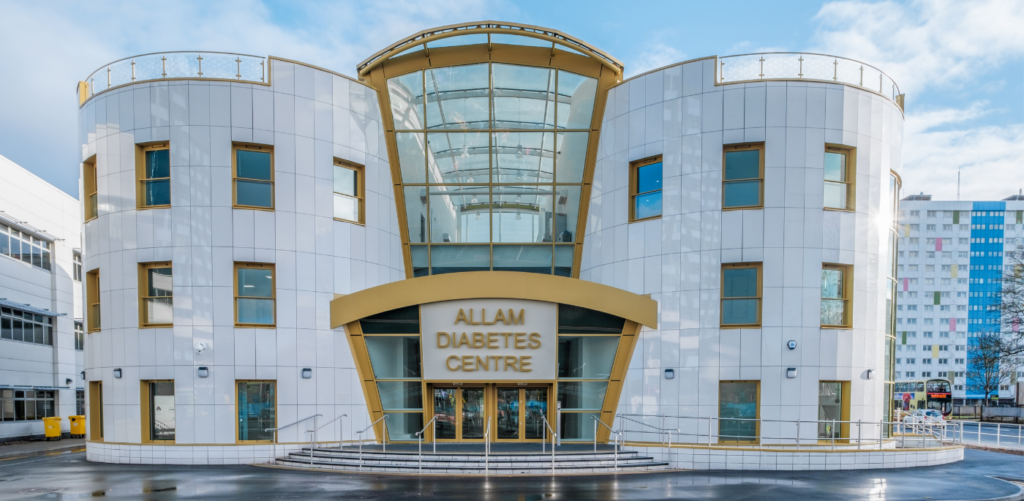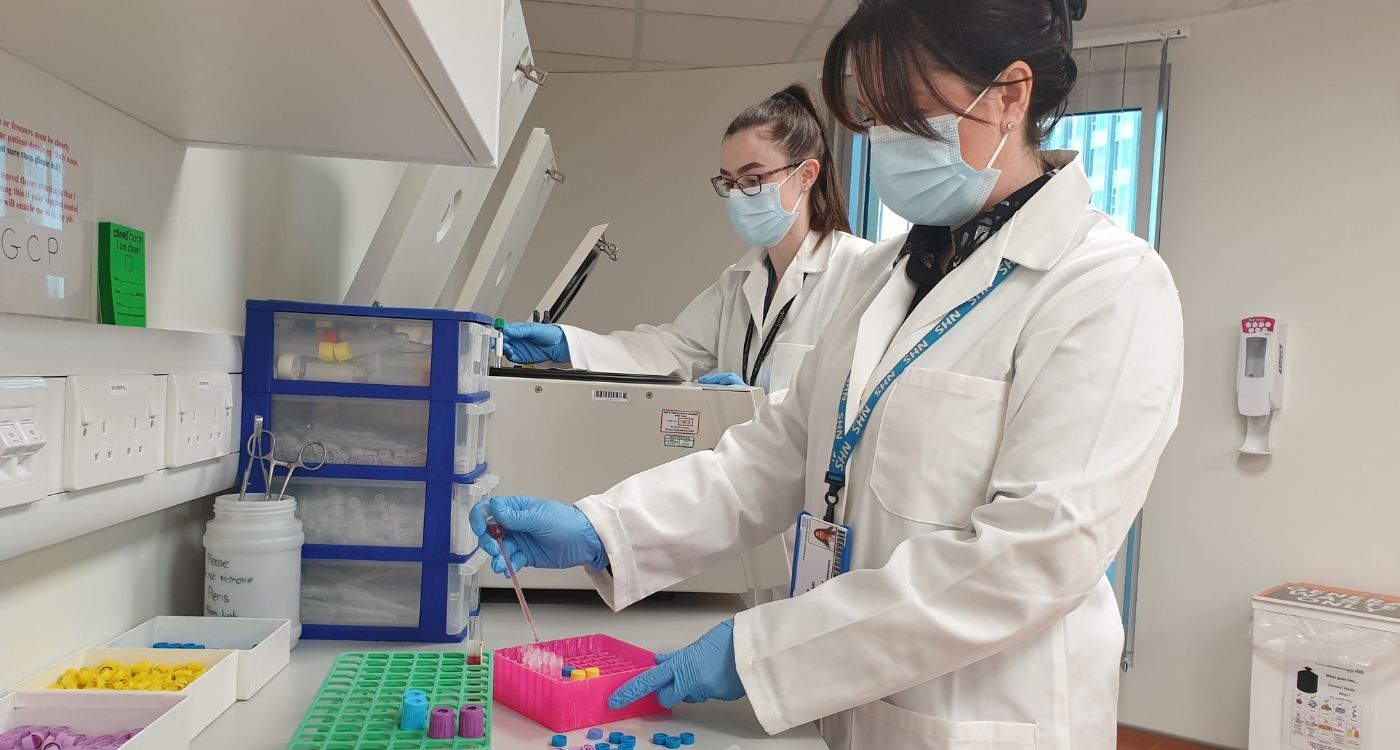If you don’t work in the field, you may wonder what Hull has ever done to shape healthcare beyond the East Yorkshire boundary.
But cast your mind back not too long ago, to when infectious disease consultants and their teams at Castle Hill Hospital were among the first ever to trial new Covid-19 vaccines, and you start to realise that Hull plays more than just a bit part when it comes to pioneering medical research.
Friday 8th April marks the start of RDI Week: Research, Development and Innovation; a week where local health professionals, academics, research teams and practising clinicians come together to celebrate the city’s collective achievements and promote ongoing research which has the potential to transform lives.

Professor Thozhukat Sathyapalan
From being the first UK trust to perform mitral valve surgery to pioneering the use of robotic surgery in treating prostate and other cancers, Hull boasts a research record to be proud of, and one which is only getting stronger.
Professor Thozhukat Sathyapalan, Director of RDI for Hull University Teaching Hospitals NHS Trust, says:
“Research and development is a part of our work which patients don’t always get to see but which has a huge impact on people’s treatment and people’s lives, not just here but across the country and even across the globe. It’s not just about finding treatments, it’s about asking questions, trying new things, really understanding a disease or condition, and then empowering patients to work with us to develop solutions.
“Working together with the University of Hull and Hull York Medical School, we have some 450 studies going on in our area at any one time. These are supported by 65 key staff working across 27 different specialties, including many areas where Hull and East Yorkshire already excels, such as oncology and haematology; respiratory; metabolic and endocrine; renal; paediatrics; gastroenterology and hepatology;, vascular; and infectious diseases.
“What’s more, our track record combined with our cutting edge research facilities continue to get us noticed, enabling us to attract high quality research colleagues to continue putting Hull on the map and further cementing our international reputation as a leader in healthcare and biomedical research.”

Among the latest local facilities to open is the Allam Diabetes Centre on the Hull Royal Infirmary site (pictured, left). Generously supported with a £3m donation from local businessman and philanthropist, Dr Assem Allam, the facility includes a whole floor dedicated to supporting research into the fields of diabetes and endocrinology.
RDI Week will be promoted with an online campaign showcasing the work of local research teams and the difference which the people of Hull and East Yorkshire; both research teams and trial participants; make to others across the world. It will kick off with a special Celebration of Research event at the University of Hull this Friday 8 April, where leading academics and clinicians such as Dr Michael Crooks of the nationally acclaimed SENTINEL programme and Dr Lynsey Corless, recently appointed as the NIHR’s National Specialty Lead for Hepatology Research, will be speaking.
Professor Paul Hagan, Dean of the University of Hull’s Faculty of Health Sciences, said:
“In partnership with Hull University Teaching Hospitals NHS Trust, the University of Hull’s Faculty of Health Sciences and Hull York Medical School are working collaboratively to drive advances in healthcare in our region. Collectively, we are addressing inequalities in health outcomes and tackling healthcare challenges.
“This week, alongside Hull University Teaching Hospitals NHS Trust and our industry partners, we are highlighting some of the world-leading collaborative health and social care research and innovation which is underway here in Hull.
“In line with the University’s new Strategy for 2030, we have a focus on partnership, people and place. Our groundbreaking research is designed to lead to improvements in the health and wellbeing of the people of Hull and ultimately people across the UK and beyond.
“This life-changing research to improve healthcare in our region is complemented by the teaching and development of our students who will shape the healthcare workforce of the future.
“We are extremely proud of the vital contribution that our graduates and staff make to the health of the region.”
For more information on RDI Week and the work of the research teams working across Hull University Teaching Hospitals NHS Trust, the University of Hull and Hull York Medical School, visit www.hull.nhs.uk/research

